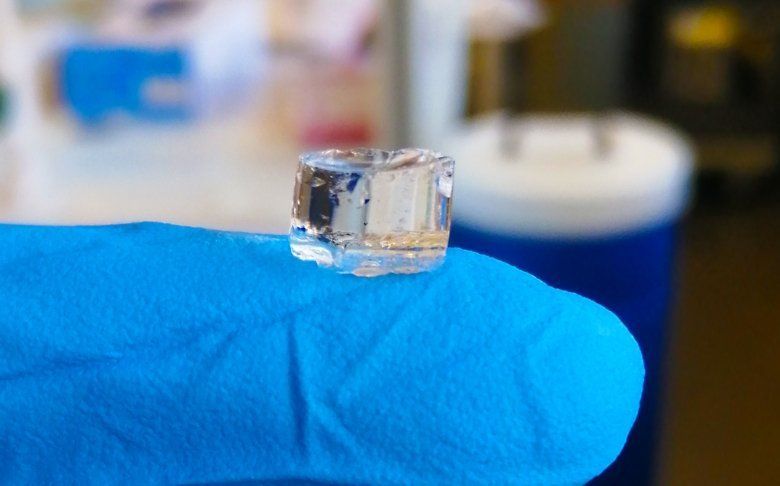
33,000 people die from multi-resistant bacteria in the EU alone each year. There are few new effective drugs underway that can fight bacteria that have developed resistance to today's antibiotics, but there are bright spots.
One such glimmer of light is a new gel that researchers at Karolinska Institutet, Karolinska University Hospital and KTH have developed. The gel consists of tiny dendrimers, a type of synthetic polymeric material, which are completely non-toxic to humans. The hydrogel contains no antibiotics at all, but can still kill multi-resistant bacteria in skin wounds.
"In addition to its bactericidal effect, the material stimulated the production of so-called antimicrobial peptides, ie the body's own antibiotics that are found in skin cells and which, among other things, help to kill bacteria and fight the infection. Unlike ordinary antibiotic drugs against which the bacteria can quickly become resistant, resistance to the body's own antibiotics is very unusual", says Annelie Brauner, professor at the Department of Microbiology, Tumor and Cell Biology, Karolinska Institutet and shared lead author.
In the first tests, the new gel has been very effective against several types of multi-resistant bacteria. It killed 100 percent of the bacterium P. aeruginosa and was almost as effective against S. aureus.
"Bacteria are interactive and so are dendrimeric macromolecules. When they meet, it does not end well for the bacteria", says Michael Malkoch, professor of fiber and polymer technology at KTH and shared lead author, in a press release.
Researchers now hope that the gel in the future will give doctors another weapon in the arsenal against multi-resistant bacteria in skin wounds.
"We believe that our hydrogel can be of great importance in the difficult fight to prevent and treat infections with multi-resistant bacteria, especially now that we are starting to run out of effective antibiotic treatments", says Annelie Brauner.




